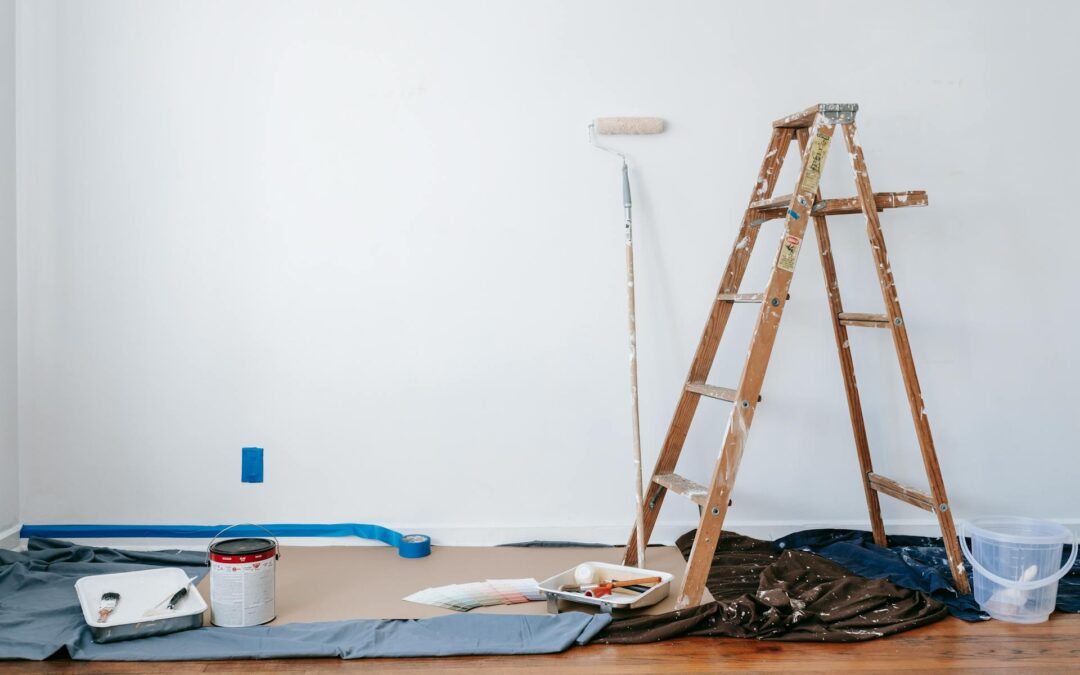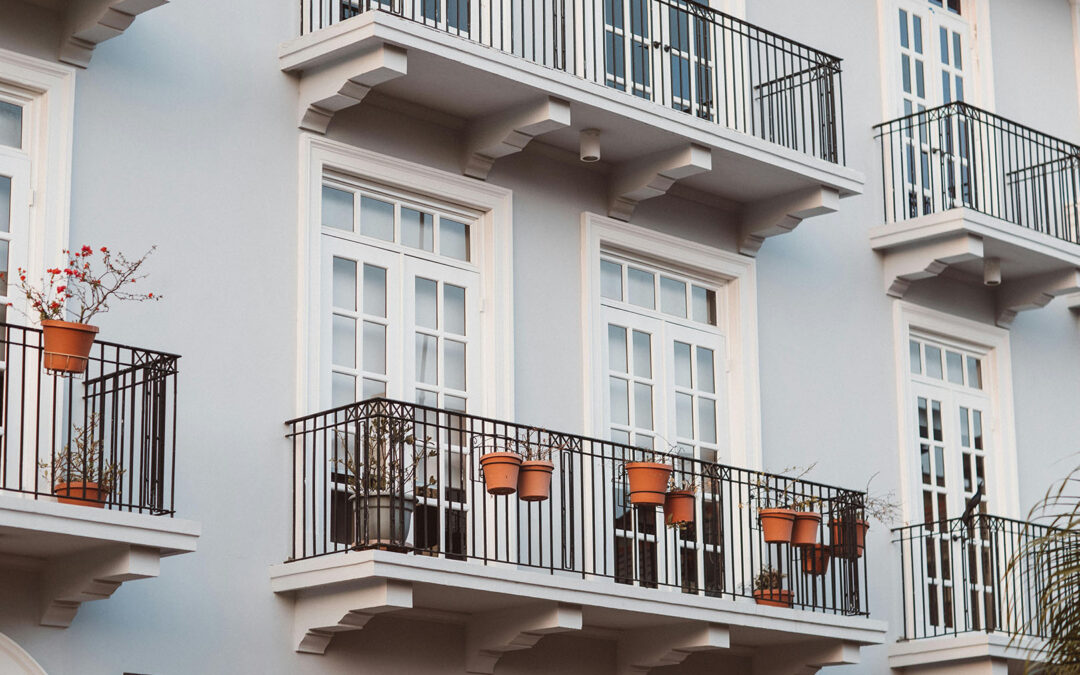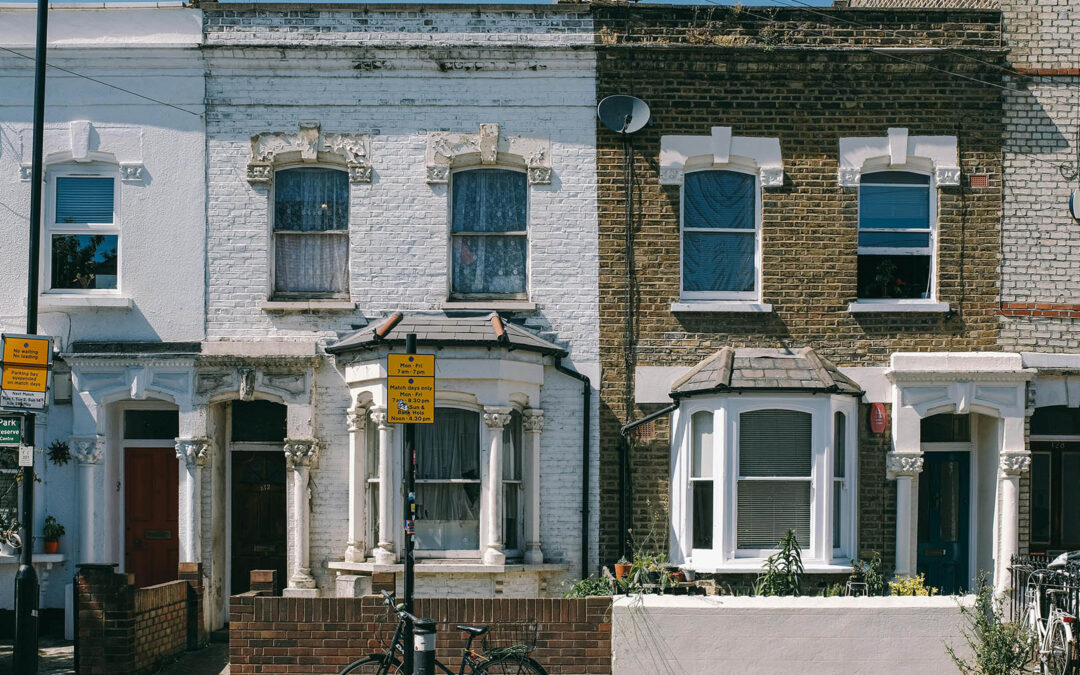Faced with demands for large deposits from lenders, more people are considering buying a property with friends. Here we explore the advantages and pitfalls.
In this blog, the Money Advice Service talks you through the things to think about beforehand and what to look out for during the buying process.
The advantages of buying with friends
There are many benefits to home ownership. Once you’ve paid off your mortgage, your home will be yours and could be worth far more than you paid for it. You can also spend money improving your home and increasing its value. Sometimes, it can also be cheaper to buy than to rent.
If you are planning to buy a home with others, this also reduces some of the costs further. Your deposit, the cost of mortgage repayments, maintenance and monthly bills can all add up, but sharing them can relieve some of the financial burden for the individual.
What to think about beforehand
There are a few potentially sticky financial situations you should take the time to talk about before you move in together. Everyone involved in the transaction is responsible for the mortgage repayments; so if one of you defaults, everyone is liable for the cost. Talk about any potential cash-flow problems openly at the beginning.
If you are putting in different amounts for the mortgage deposits, you should also consider the proportion of the property each deposit amounts to and how you will split the proceeds if you sell.
You should always keep paperwork in order by ensuring documents are accessible to everyone and signed by all of the co-buyers.
How you will pay for the costs of your home going forward will also need to be discussed. A joint bank account is one way to keep track, rather than money coming from separate personal accounts. Find out more in the Money Advice Service guide to joint accounts.
Possible pitfalls – and how to avoid them
Always consider the worst-case scenario. Although joint ownership can make good financial sense, this is only if the deal is thoroughly worked through from all angles – and preparing a good exit strategy is important.
Who has added what to the house? Did your housemate buy the sofas, but you bought the kitchen cupboards? To avoid clashing down the line when you want to sell, have an inventory of all individual items and all shared items. Make sure it’s up to date and you are both happy with it.
Do you all want to stay with the property for the same length of time? If you wish to sell before the others do, you may need to arrange for a tenant to take your place. Think about notice periods beforehand to avoid any resentment down the line.
Most issues can be nipped in the bud by making sure you are honest upfront, and also taking the time to write down your agreements about the house. It is a good idea to get a solicitor to do this for you.
Remember, this may be your home, but it is also a business transaction and one of the biggest decisions you will ever make.
Where should you get a mortgage from?
You can apply for a mortgage directly from a bank or building society, choosing from its product range.
You can also use a mortgage broker or independent financial adviser (IFA) who can compare different mortgages on the market, as well as mortgages which are not offered directly to customers.
Some brokers look at mortgages from the ‘whole market’ while others look at products from a number of lenders. They’ll tell you all about this, and whether they have any charges, when you first contact them.
It is always a good idea to look at a few options and also to shop around between lenders. Speak to a number of independent mortgage advice services as well as your bank or building society.
Take a look at how to get the best mortgage deal with the Money Advice Service guide.






